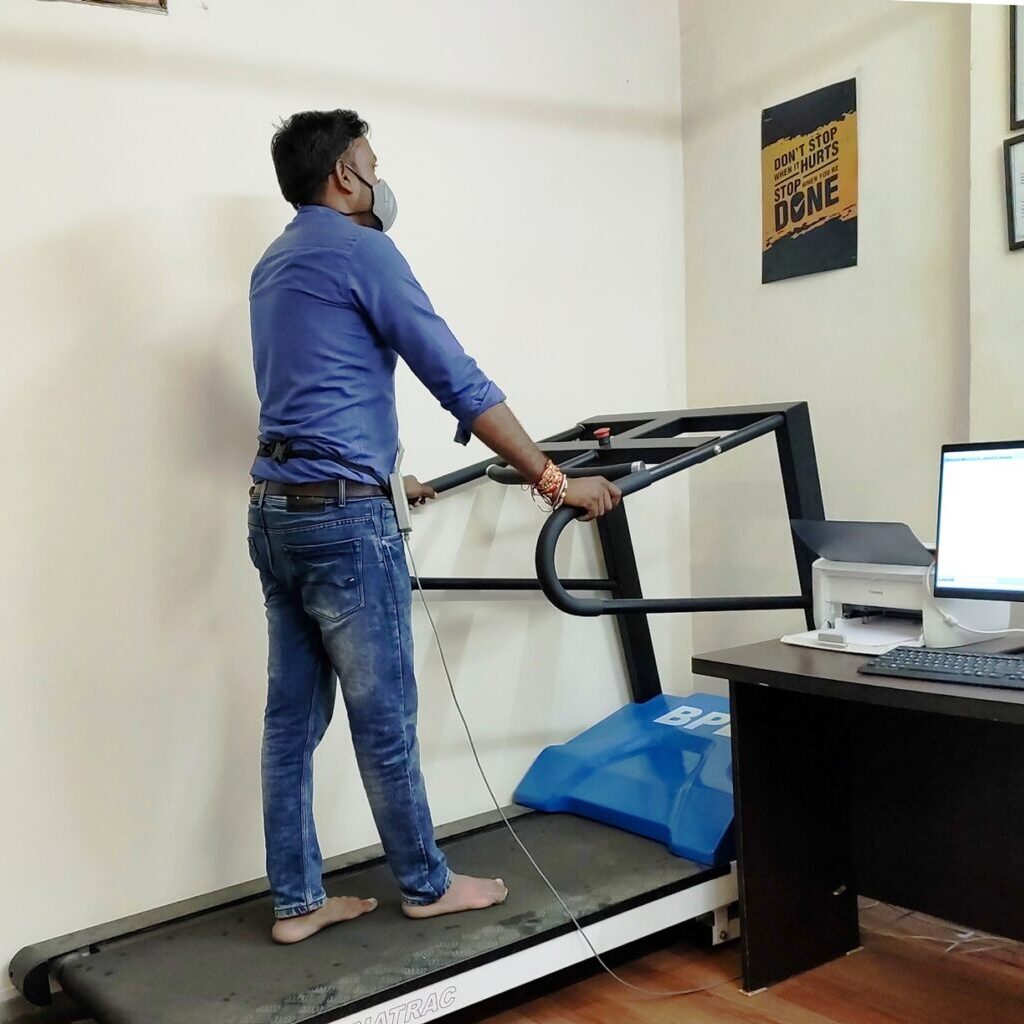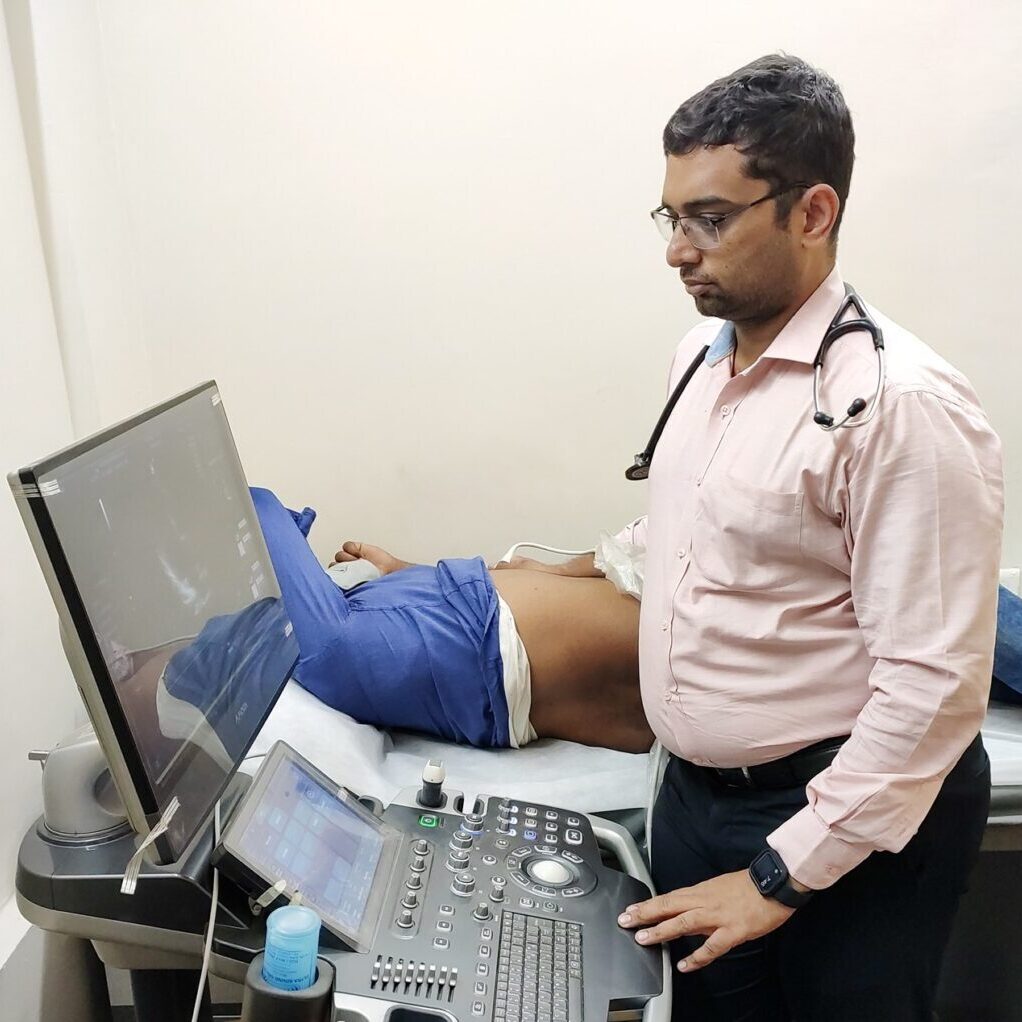Emergency No.
9630356707
Sun: Emergency Only
Mon - Fri : 5:00 PM to 7:00 PM
Why should you see a cardiologist?
With statistics like heart disease being among the number one killers, there is no reason for anyone to not to be worried. General cardiologists are practitioners that focus on the heart, so If you are at risk for heart disease, a routine check-up with a cardiologist can help you to be on top of your heart health. And in case you are wondering how to be sure that you are at risk for heart disease, then you can look at the certain common symptoms shown by your body that usually point to heart disease. Whenever you feel chest pain that is radiating towards the left side or to the back of your body, you should immediately consult an experienced cardiologist. You should also consult a heart doctor when you experience severe pressure in the chest, shortness of breath while walking and continues while you are at rest, Irregular heartbeats leading to palpitations, sudden clenching pain in jaws, or when you undergo excessive sweating continuously for a long period of time without any exercise.


Anupam Cardiac Care is a Cardiothoracic And Vascular Surgery Clinic. Some of the services provided by the Clinic are: Angioplasty and Stenting,Coronary Angiography,Complex Angioplasty for Chronic Total Occlusions,Heart Scan and Coronary and Peripheral Angiogram etc.
Services
- Dobutamine Stress Test
- BP Monitoring
- Complex Angioplasty for Chronic Total Occlusions
- Permanent Pacemaker Implantation
- Heart Scan
- Coronary and Peripheral Angiogram
- Blood Pressure Test
- Coronary Angiography
- Cardiovascular Disease
- Hypertension Disorders
- Electrocardiogram (ECG)
- Angioplasty and Stenting
Walk into our Clinic
Mon – Thu -
Friday -
Sat - Sun -
5:00 PM - 7:00 PM
5:00 PM - 7:00 PM
Closed
- Online Consultation
- How often should you get your heart checked?
- Appointment
- Tests Available
For Patients who are unable to visit personally, Dr. Sumit Bhatnagar also provide online consultation through Practo App.
You should get your heart checked as often as possible, and this is especially true when your family has a risk for heart disease. You should get your blood pressure checked every year, and according to the American Heart Association, the screening tests for coronary artery disease should begin at age 20, cholesterol test at age of 25, and blood glucose screening should begin at age 45.
What happens in a cardiologist appointment?
In your first cardiologist appointment, you are usually greeted by a member of the nursing staff who measures your weight and height in order to calculate your body mass (BMI). At this stage, you are normally asked to go for one of the following tests:
- Electrocardiography (ECG) which is a tracing of the heart carried out by attaching leads
- Echocardiograph (ECHO), a scan of the heart.
- Both of these tests are simple and painless.
Complete heart care center with cardiology consultation, hypertension management, ECG, ECHO, TMT and pathology facility. Advise Regarding Angiography, angioplasty, pacemaker, heart failure management, Pediatric cardiac Deranged Lipid Profile, Primary Prevention of Cardiac Disease and Cardiac Rehabilitation.
